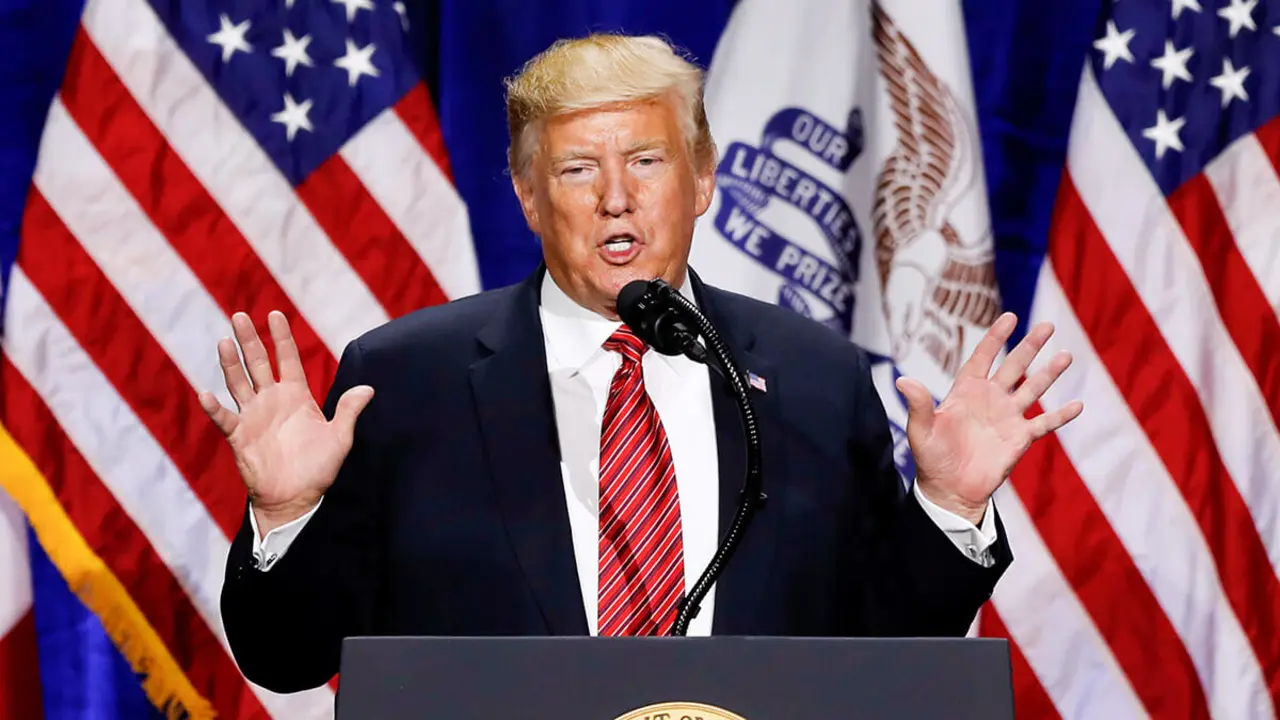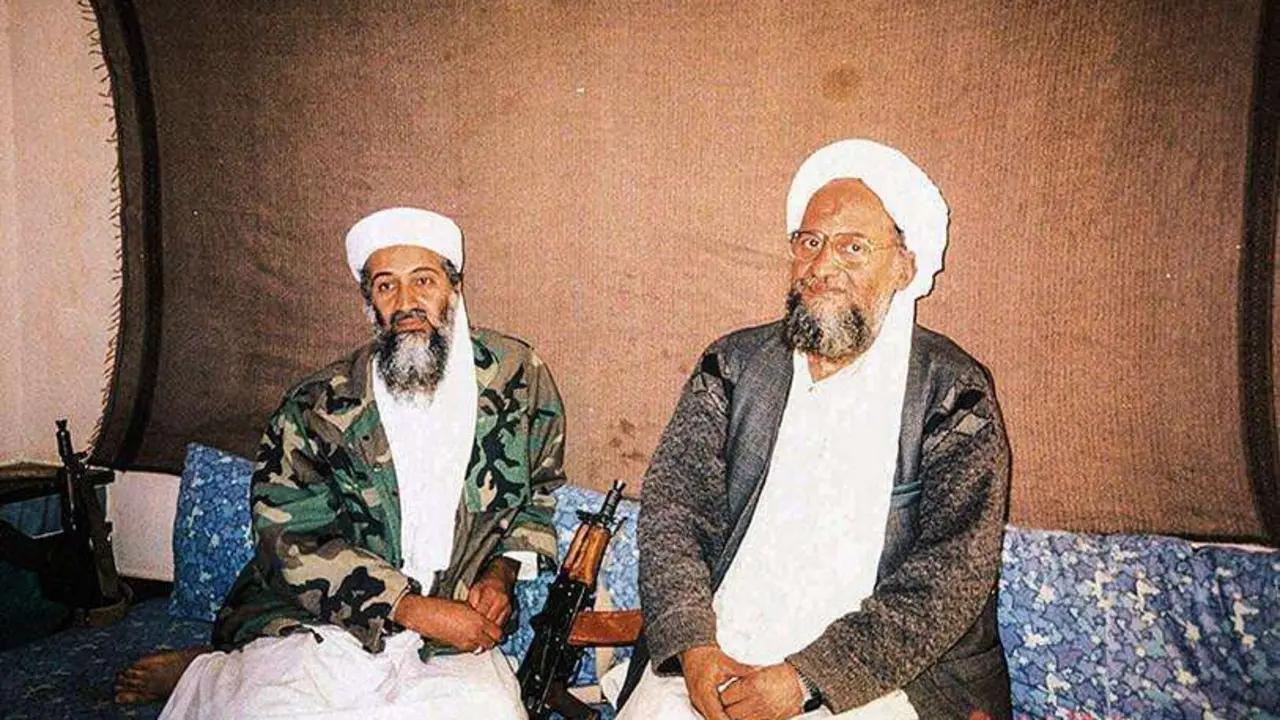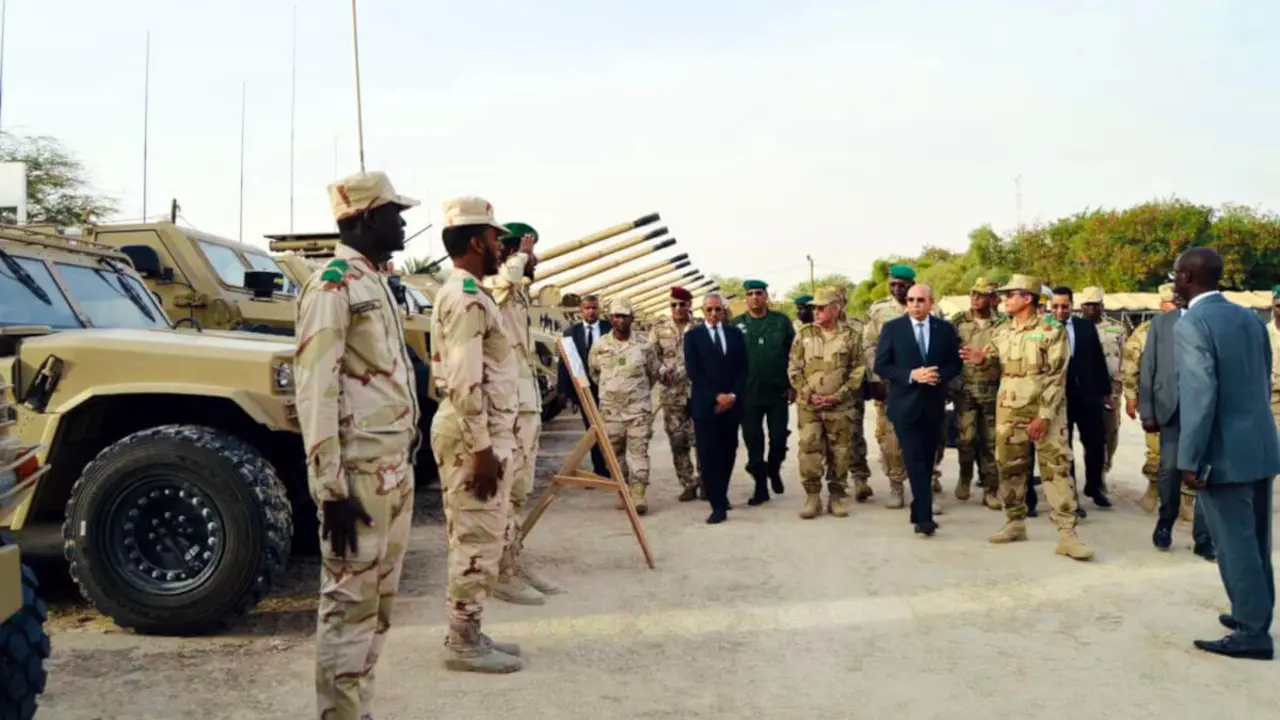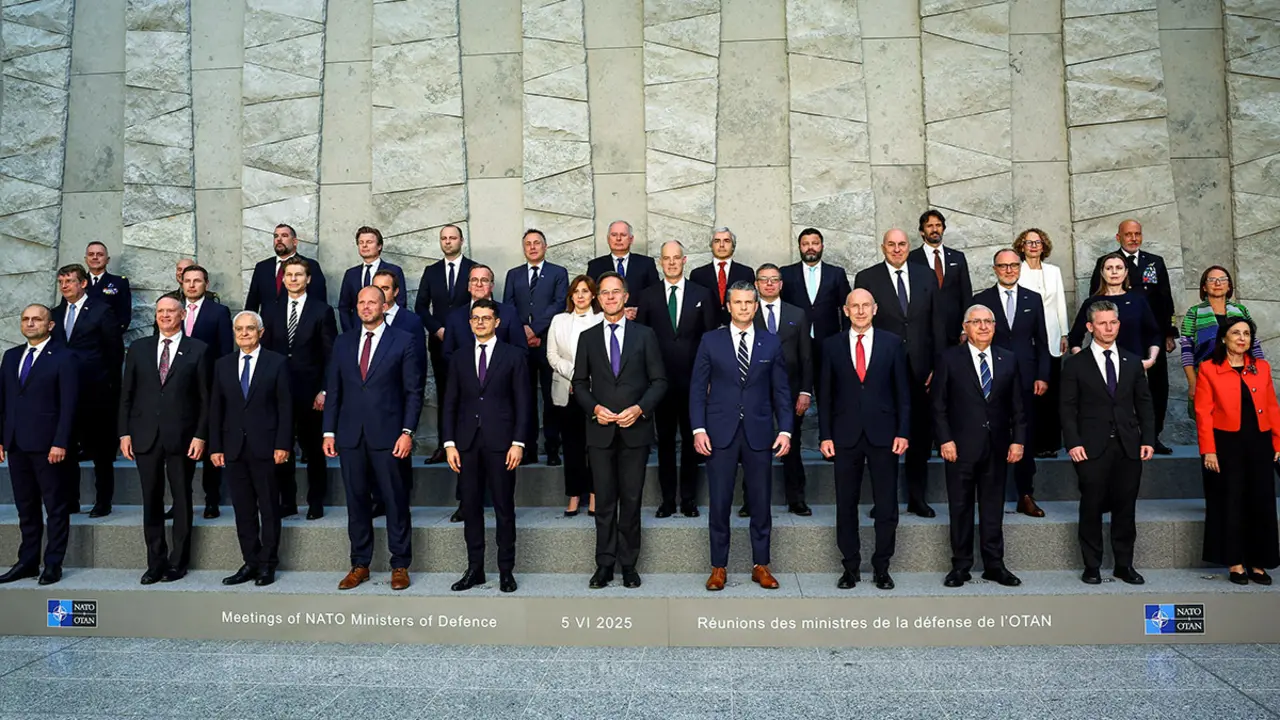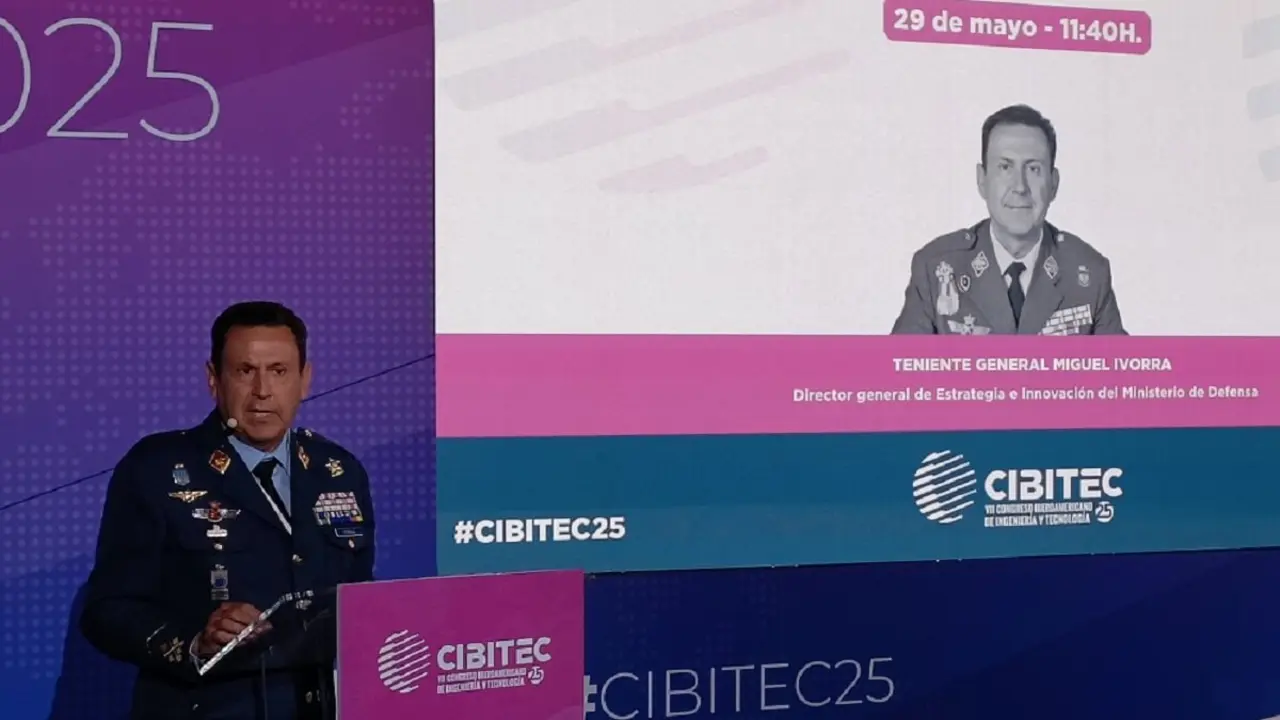Félix Sanz Roldán, former director of the CNI: "At some point we will have to talk to Russia, that's why we have to manage our victories well"
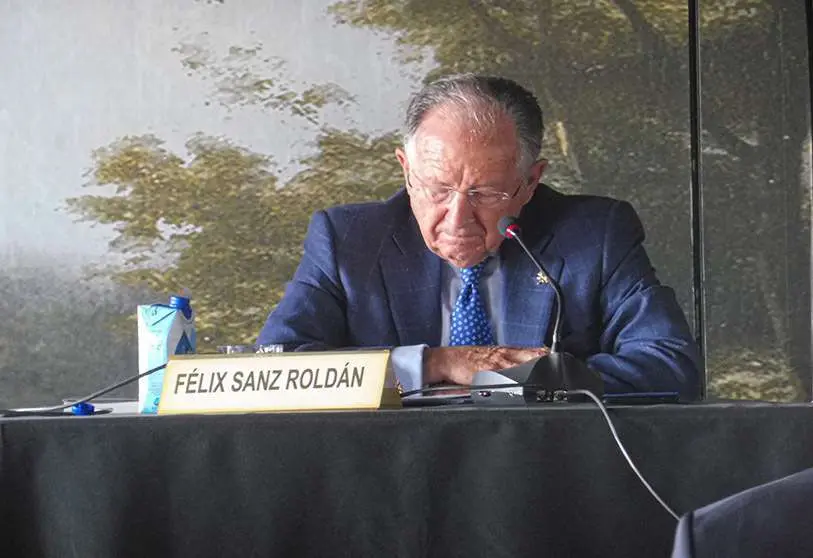
On Thursday, former JEMAD and former director of the CNI Félix Sanz Roldán took part in the eighth and penultimate session of the annual seminar on security and defence, 'The Americans are back', organised by the Association of European Journalists (APE) in Toledo, in the framework of the upcoming NATO annual summit in Madrid, to discuss some of the keys to the Atlantic Alliance in the emerging international order that has emerged after Russia's invasion of Ukraine and Washington's return to the European continent.
Pascal Boniface, director of the French Institute for International and Strategic Relations (IRIS), opened the panel with a blunt statement: "NATO has been reborn". The analyst argues that Putin has done a better job than any other NATO Secretary General with his aggression over Ukraine. Today, the alliance is stronger than ever and its existence has regained meaning months after the legendary former US Secretary of State Henry Kissinger spoke of "transatlantic disengagement".
But Boniface warned that, with the war in Ukraine, we have forgotten other issues: "Issues such as AUKUS - the ambitious Anglosphere military agreement in the Indo-Pacific signed in September 2021 that displaced France - or even the US withdrawal from Afghanistan, have taken a back seat". The fall of Kabul came as a 'shock' to European and Asian allies, few trusted the US strategy at the time and wondered whether the same could happen in their regions.
The former head of the Spanish secret services underlined, in reference to the title of the session, that for the Americans to return, they would first have to leave. "This condition has been given, and it was especially noticeable during the Trump administration," Sanz Roldán stressed. The former US president, recently singled out as the precursor of a coup attempt by a committee investigating the deadly assault on the Capitol, scorned the "main nexus between the US and Europe", as the ex-JEMAD defined it.
"Trump went so far as to say the alliance was obsolete," he recalled, "and even when he saw the new headquarters he said, 'And this is what I pay for?' "We have lived through critical moments, but NATO had already been having doubts since the Obama administration". In this sense, the former director of the CNI acknowledged that Joe Biden's arrival at the White House has brought us some comfort, because "he has been taking prudent decisions, but always under the consideration that they are being made at home, at the level of domestic policy. And from a reputation diminished as a reliable partner by what happened in Kabul". "That was a blow to the Alliance", he said, referring to Boniface's words.
"From August onwards, there will be less Europe and more Asia Pacific; there will be less NATO and more AUKUS or QUAD. And more attention will be paid to local conflicts than to regional problems", anticipated General Sanz Roldán, who focused on Washington's withdrawal in areas where it has traditionally had weight: "The Persian Gulf is the example".
The Atlantic Alliance keeps Russia under its radar, but now '[the US authorities] declare China to be the main source of their concern. There will be no Cold War, because bilateral relations are happening', he said. As for Russia, the general argued that the West had so far established a relationship based on condescension: "You say it's great and I pretend to believe it", and recounted an anecdote with the former Russian Defense Chief of Staff, who was challenged by a NATO member during NATO enlargement negotiations at the NATO-Russia Council: "If it's 'casus belli' for you... get in the tank tomorrow".
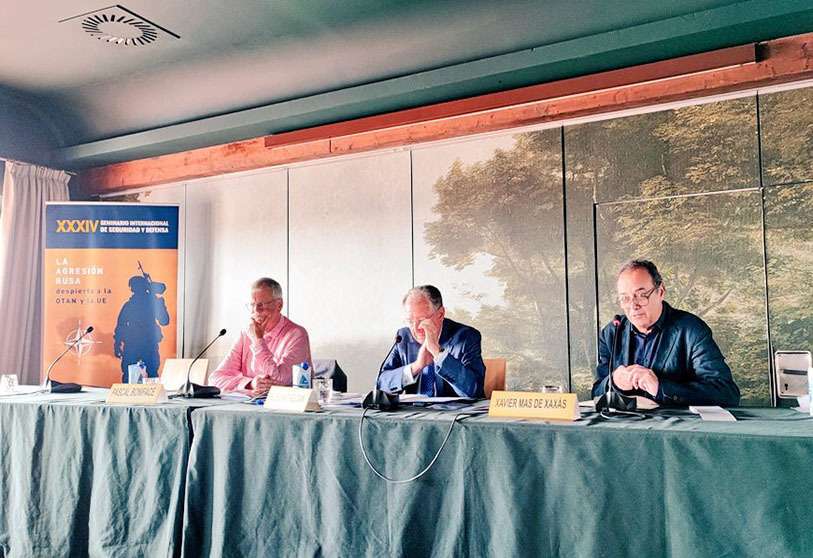
The penultimate world order lasted four months, since the United States left Afghanistan," said Sanz Roldán, "and the new world order will emerge at the end of the war [in Ukraine]. The former Chief of Defence Staff expects transatlantic ties to be strengthened and a "stronger" geopolitical Europe by then. This new geopolitical scheme will be based on a triangulation between the West, the rest and the new non-aligned countries: "It is also the end of ostpolitik".
The former head of the Spanish secret service until 2019 highlighted the mismanagement of the crisis when the Kremlin concentrated 140,000 soldiers on the Ukrainian border: "There was a negative rhetorical escalation, those who managed that did not go to class that day". Asked about the differences between the US and British intelligence alerts and European containment, Sanz Roldán pointed out that "no one can assure us that the intelligence information was similar; the case depends on the credibility that each political leader gives to the reports".
For the former JEMAD, it is "worrying" that there is talk of war fatigue in Europe. "It is principles that give us the allied spirit, principles have to lead our actions," he declared, alluding to the recent trip to Kiev by four European leaders - French President Macron, German Chancellor Scholz, Italian Prime Minister Draghi and Romanian President Iohannis.
Russia is a geopolitical stinker," he said, "and it has a complex future, but nothing lasts forever". The former Defence Chief of Staff made it clear that at some point "we will have to talk to Russia, which is why it is important to manage victories well, not least because it has nuclear weapons". Unlike Russia, China is keeping its distance: "Beijing is a master of reinforced 'soft power'. They don't want to put up a tank, they want to put up a tent".
The former director of the CNI expressed "serious doubts" about the upcoming annual Atlantic Alliance summit to be held in Madrid on 29 and 30 June. "We are talking about what we have always talked about", said Sanz Roldán, who does not see anything new at the level of communication within the organisation: "What worries me is not the new strategic concept, the problem is whether we are going to be pragmatic at last, as we have been in Ukraine, or not".
"Has anyone called NATO on terrorism or cyber-attacks? -NATO has to take care of business," he asked. The former head of the Spanish secret services advocated following the course of action implemented on the Ukrainian chessboard: "We have spontaneously made a division of roles between the EU and NATO, which has been a success".


